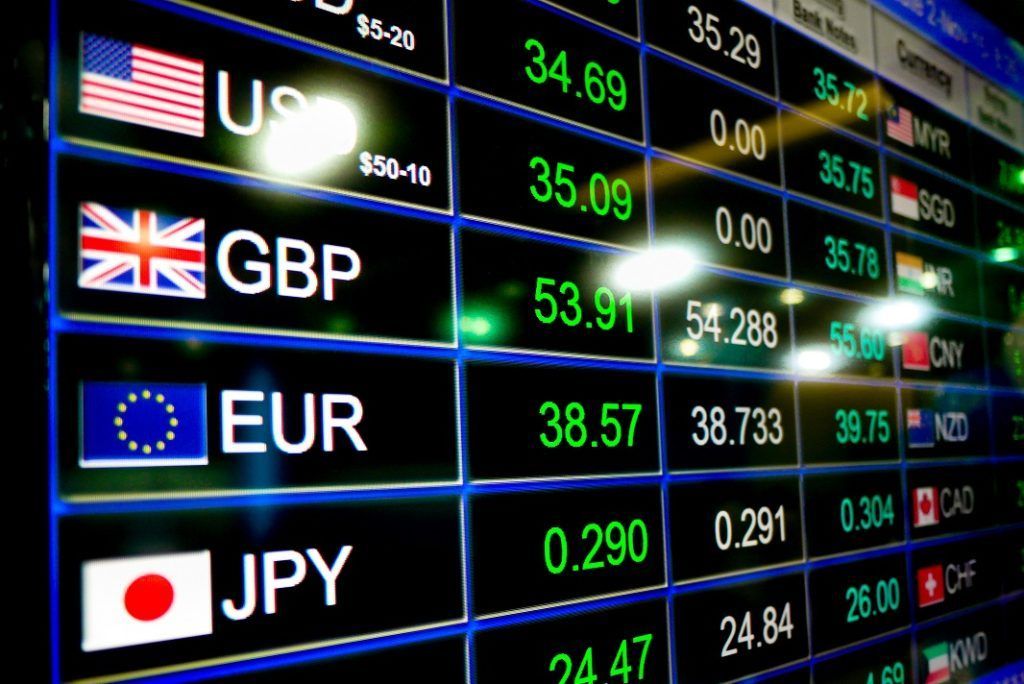Overview:
Trade rates decide the amount one piece of money is worth with regards to another piece of cash. They are significant for global exchange, speculation, and travel, influencing the expense of labor and products, venture returns, and general financial solidness. Understanding how trade rates work includes being familiar with different meanings for factors, market elements, and the job of monetary establishments.

Organic market
Trade rates are principally determined by market interest. At the point when a country's cash is popular, its worth expands relative to different monetary forms. All in all, when the loan cost of cash falls, its value falls. Factors, for instance, value, getting expenses, and development impact this interest. For instance, if its patrons make the country's economy difficult, they will purchase its cash, and its worth will rise.
Loan fees
Loan fees set by a country's national bank essentially influence trade rates. Higher financing costs offer better profits from speculations named in that money, drawing in unfamiliar capital and expanding requests. Alternately, lower financing costs can prompt diminished requests as financial backers look for better yields somewhere else. Likewise, nations with higher buying costs are bound to have more cryptic monetary guidelines.
Inflation Rates
Extension influences business confidence by influencing buying power. A country with restricted extension observes that regard for cash is valued because of the way that its work and items are, for the most part, less expensive and more well known with new purchasers. On the other hand, high expansion can prompt a deterioration in money esteem as the expense of labor and products rises, diminishing interest from global business sectors.
Political Dependability
Political dependability and financial execution are additionally significant. A country with a steady government and solid financial strategies will draw in more unfamiliar speculation, prompting enthusiasm for its cash. Political flimsiness or financial vulnerability can cause a decrease in financial backer certainty, prompting a lessening in cash esteem.
Market Hypothesis
Hypotheses by financial backers can prompt changes in return rates. On the off chance that financial backers accept cash to fortify from now on, they will purchase a greater amount of that money currently, expanding its worth. Alternately, assuming they accept it will debilitate them, they will auction their possessions, diminishing their worth. This theoretical movement can prompt momentary unpredictability in return rates.
Job of national banks
National banks assume a vital part in overseeing trade rates. They can exchange in new exchange markets by exchanging their monetary forms to adjust their money costs. Also, development is constrained by monetary contemplations that influence acquiring costs, along these lines affecting exchanging volumes.
Exchange rates are impacted by market loan fees,
financial expenses, extension, political rationale, market hypothesis, and public financial approach. Understanding these factors predicts and answers the worth of cash changes that are significant in worldwide trade, work, and versatility.
Read more: How do interest rates work